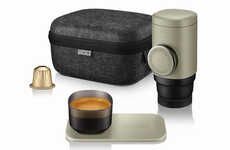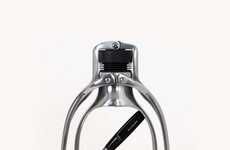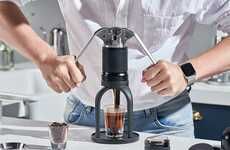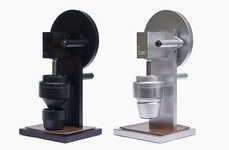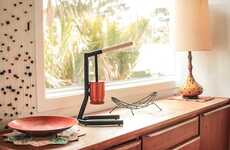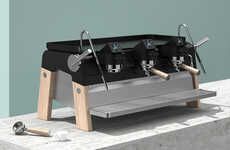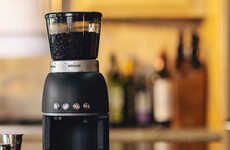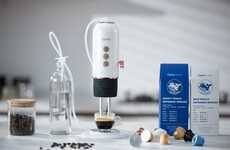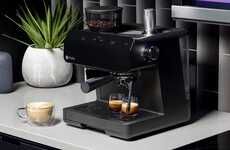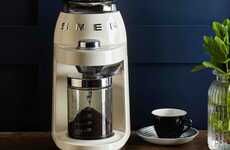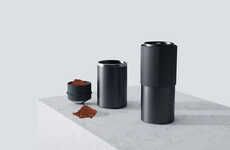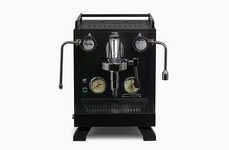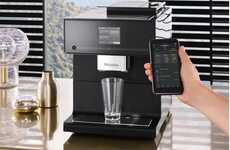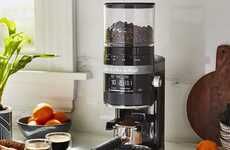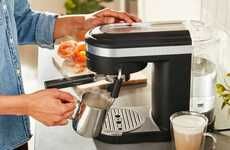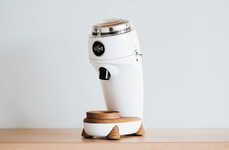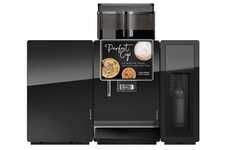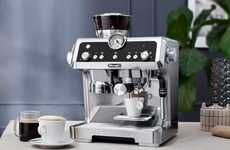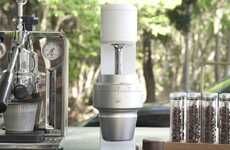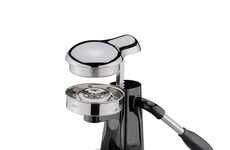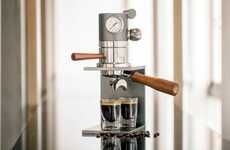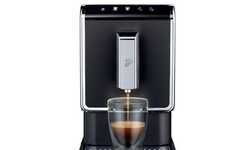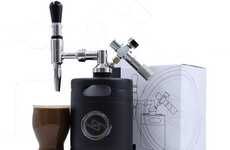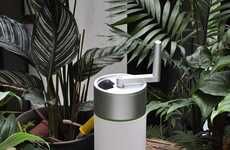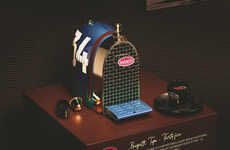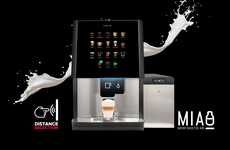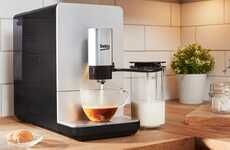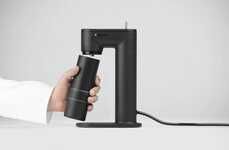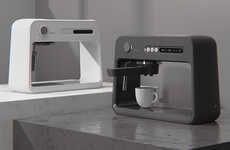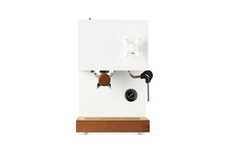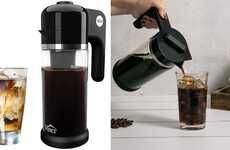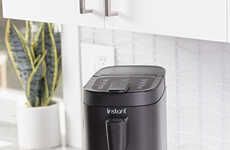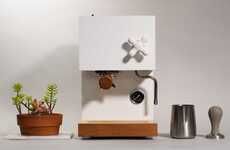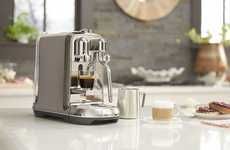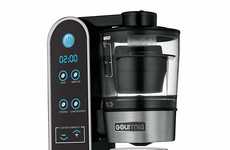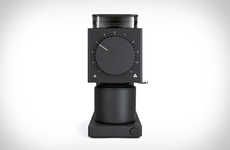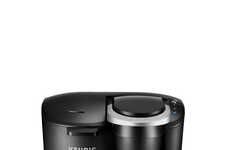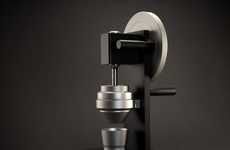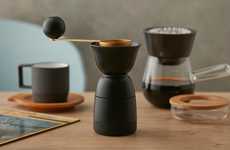
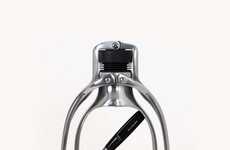
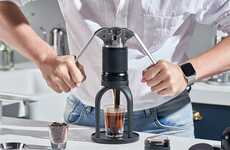
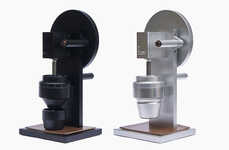
Coffee brands are catering to artisanal tastes with new manual coffee makers
Trend - An increasing number of brands are offering cordless coffee making tools that require manual operation. This is most notably captured by the recent rise of lever espresso machines and hand-crank bean grinders, both of which promise to reward users' physical labor with barista-quality espresso.
Insight - Drip coffee pots and basic pod-based makers are continually being swapped for complex countertop machines, many of which feature built-in smart tech and corresponding mobile apps. While these machines appeal to tech-savvy java lovers, they have also ignited a desire in more artisanal-focused consumers for simpler alternatives. In particular, these consumers want tools that bring them closer to the bean and enliven their senses via tactile pumps, levers, and cranks.
Insight - Drip coffee pots and basic pod-based makers are continually being swapped for complex countertop machines, many of which feature built-in smart tech and corresponding mobile apps. While these machines appeal to tech-savvy java lovers, they have also ignited a desire in more artisanal-focused consumers for simpler alternatives. In particular, these consumers want tools that bring them closer to the bean and enliven their senses via tactile pumps, levers, and cranks.
Workshop Question - How could your brand better appeal to craft-conscious consumers?
Trend Themes
1. Manual Coffee Makers - An increasing number of coffee brands are offering cordless coffee making tools that require manual operation.
2. Tactile Experience - There is a desire in more artisanal-focused consumers for simpler alternatives that bring them closer to the bean and enliven their senses via tactile pumps, levers, and cranks
3. Personalized Coffee Brewing - A growing number of coffee enthusiasts are seeking more precision and control over device-operated, inconsistent brew methods.
Industry Implications
1. Kitchen Appliance - Companies that specialize in developing manual coffee makers that are durable, high-quality, and portable could benefit from the growing demand for a sensory coffee brewing experience.
2. Hospitality - As manual coffee makers continue to grow in popularity, the hospitality sector may explore integrating them into guest experiences, as an homage to the artistry of coffee-making.
3. Sustainable Manufacturing - Coffee makers that are built to last and constructed from environmentally friendly materials like stainless steel, aluminum, or titanium could emerge as disrupters in the traditional coffee appliance industry.
